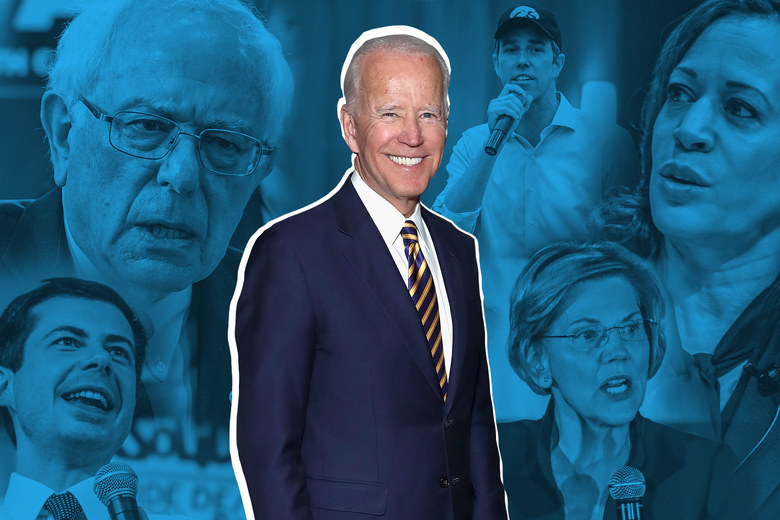
W.J. Astore
“War is a racket,” wrote General Smedley Butler in the 1930s. Dwight D. Eisenhower warned at the end of his presidency about the military-industrial complex and its misplaced, anti-democratic power. Martin Luther King Jr spoke against militarism and the “spiritual death” he believed Americans were suffering from in the 1960s. As MLK put it, we’ve become a country of guided missiles and misguided men, a generation maimed and mutilated by militarism, a country seemingly in a state of permanent war. And let’s not forget James Madison’s warning about long wars as being pernicious to liberty and freedom.
I often find myself writing variations of what Butler, Ike, MLK, and Madison warned us about generations (or centuries) ago. All I can say in my defense is that the message bears repeating. We’ve become a country that celebrates “our” military and militarism, a country that leads every other country in the world in weapons sales, a country that spends enormous sums ($750 billion in 2020, if Trump gets his way) on “defense” that impoverishes health care, education, infrastructure repairs, and other areas of societal wellness.
Americans are warned about socialism by the mainstream media, but they’re never warned about militarism. I wonder why?
America is the victim of a long con orchestrated by the Pentagon and the National Security State, as I explain today in my latest article for TomDispatch. You can read the entire article here; what follows is an extract. As MLK said, America needs a revolution in values; we must overcome our arrogance of power and set our own house in order. But we can’t do that until we end our mindless militarism.
How the Pentagon Took Ownership of Donald Trump
Donald Trump is a con man. Think of Trump University or a juicy Trump steak or can’t-lose casinos (that never won). But as president, one crew he hasn’t conned is the Pentagon. Quite the opposite, they’ve conned him because they’ve been at the game a lot longer and lie (in Trump-speak) in far biglier ways.
People condemn President Trump for his incessant lying and his con games — and rightly so. But few Americans condemn the Pentagon and the rest of the national security state, even though we’ve been the victims of their long con for decades now. As it happens, from the beginning of the Cold War to late last night, they’ve remained remarkably skilled at exaggerating the threats the U.S. faces and, believe me, that represents the longest con of all. It’s kept the military-industrial complex humming along, thanks to countless trillions of taxpayer dollars, while attempts to focus a spotlight on that scam have been largely discredited or ignored.
One thing should have, but hasn’t, cut through all the lies: the grimly downbeat results of America’s actual wars. War by its nature tells harsh truths — in this case, that the U.S. military is anything but “the finest fighting force that the world has ever known.” Why? Because of its almost unblemished record of losing, or at least never winning, the wars it engages in. Consider the disasters that make up its record from Vietnam in the 1960s and 1970s to, in the twenty-first century, the Iraq War that began with the invasion of 2003 and the nearly 18-year debacle in Afghanistan — and that’s just to start down a list. You could easily add Korea (a 70-year stalemate/truce that remains troublesome to this day), a disastrous eight-year-old intervention in Libya, a quarter century in (and out and in) Somalia, and the devastating U.S.-backed Saudi war in Yemen, among so many other failed interventions.
In short, the U.S. spends staggering sums annually, essentially stolen from a domestic economy and infrastructure that’s fraying at the seams, on what still passes for “defense.” The result: botched wars in distant lands that have little, if anything, to do with true defense, but which the Pentagon uses to justify yet more funding, often in the name of “rebuilding” a “depleted” military. Instead of a three-pointed pyramid scheme, you might think of this as a five-pointed Pentagon scheme, where losing only wins you ever more, abetted by lies that just grow and grow. When it comes to raising money based on false claims, this president has nothing on the Pentagon. And worse yet, like America’s wars, the Pentagon’s long con shows no sign of ending. Eat your heart out, Donald Trump!
Eternal MADness
“So many lies, so little time” is a phrase that comes to mind when I think of the 40 years I’ve spent up close and personal with the U.S. military, half on active duty as an Air Force officer. Where to begin? How about with those bomber and missile “gaps,” those alleged shortfalls vis-à-vis the Soviet Union in the 1950s and 1960s? They amounted to Chicken Little-style sky-is-falling hoaxes, but they brought in countless billions of dollars in military funding. In fact, the “gaps” then were all in our favor, as this country held a decisive edge in both strategic bombers and nuclear-tipped intercontinental ballistic missiles, or ICBMs.
Or consider the 1964 Gulf of Tonkin Resolution that served to authorize horrific attacks on Vietnam in retaliation for a North Vietnamese attack on U.S. Navy destroyers that never happened. Or think about the consistent exaggeration of Soviet weapons capabilities in the 1970s (the hype surrounding its MiG-25 Foxbat fighter jet, for example) that was used to justify a new generation of ultra-expensive American weaponry. Or the justifications for the Reagan military buildup of the 1980s — remember the Strategic Defense Initiative (aka “Star Wars”) or the MX ICBM and Pershing II missiles, not to speak of the neutron bomb and alarming military exercises that nearly brought us to nuclear war with the “Evil Empire” in 1983. Or think of another military miracle: the “peace dividend” that never arrived after the Soviet Union imploded in 1991 and the last superpower (you know which one) was left alone on a planet of minor “rogue states.” And don’t forget that calamitous “shock and awe” invasion of Iraq in 2003 in the name of neutralizing weapons of mass destruction that didn’t exist or the endless global war on terror that still ignores the fact that 15 of the 19 September 11th terrorist hijackers came from Saudi Arabia.
And this endless long con of the Pentagon’s was all the more effective because so many of its lies were sold by self-serving politicians.
Please go to TomDispatch.com to read the rest of this article.











